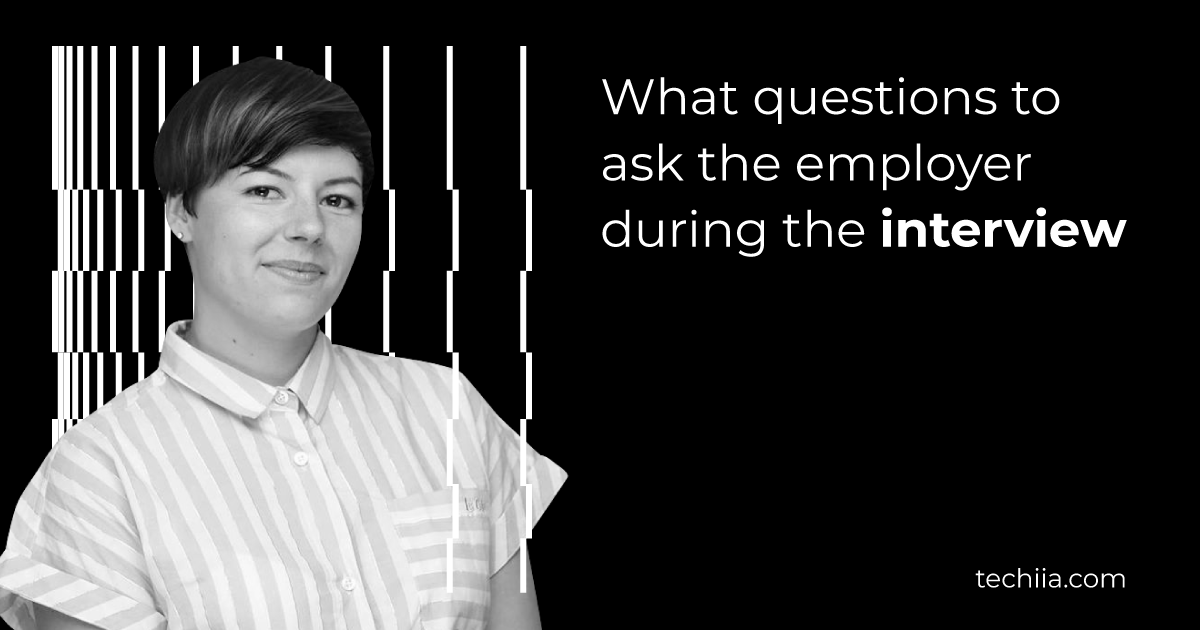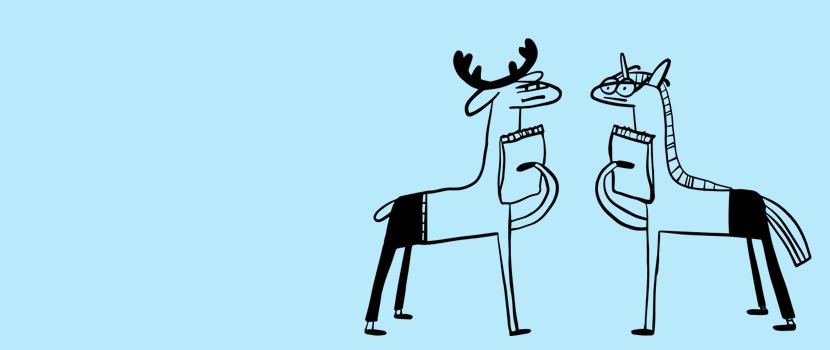
What to ask so as not to regret afterward.
Many candidates hesitate to ask questions so as not to seem too demanding or curious. But an interview with an employer is a win-win negotiation, not only the company chooses you, but you are also looking for a place where you can work with comfort.
#1. How did the vacancy appear? If it is new, why is there such a need in one? What tasks does the employer want to complete with the help of the candidate?
If someone was doing this job before you, the answer will help you understand why the person stopped working with the company (and whether this will become an issue for you).
# 2. What results are expected from a specialist in this position?
Find out how deep you understand by the employer's expectations and whether you are ready to guarantee the indicators expected from you.
Ask clarifying questions and elaborate in order to figure out which projects you have to implement, in what time frame, and with what resources.
# 3. What tasks will the specialist face during the trial period?
This is a more detailed question that will show how the employer's expectations meet your skills.
#4. What is the portrait of the ideal employee in this position? What qualities, experience, and values does the employer look for in the candidate?
The answer to this question will help you "upsell" yourself by saying that you have exactly the knowledge and skills that are important to the company.

#5. Work-condition questions:
- How long is the trial period?
- What is the organizational structure of the company and to whom will the specialist report?
- Does the company have a performance system? How often does it take place?
- Are there health insurance and other benefits?
# 6. What are the career development opportunities in the company?
We recommend you answer this question for yourself in the first place. What opportunities are important for you? Vocational training compensation, mentoring, career development?
I recommend creating three lists of work expectations such as ideal, acceptable, and minimal.
The ideal is the work environment you are striving for. This list will help you keep the focus on what you really expect from the job, and not miss anything when communicating with employers.
The acceptable will become your reference point in case you have other offers, but they are not perfect.
The minimal is your reference point in case there are no suitable offers, and you need a job asap. This list contains the minimal terms that you are willing to agree on (keeping in mind that you keep moving towards better terms).
Write down each list honestly and in details:
- What tasks would you like to work with? How difficult are these tasks?
- Who is in your team?
- Whom do you report to?
- What office do you work in? Where is it located?
- What tasks are you not working on?
- What schedule is right for you?
- What income do you want to have?
- What career development does the company have?
- Other important factors.
Write down questions in advance. For example, in notes on your phone. And ask them at the end of the interview (this is a good thing to do).
Start looking for a job using the criteria from the ideal list. Based on how well your search is going, move on to the criteria from the subsequent lists.
And remember that the information in each of them must be tangible and achievable. For example, income levels are not much higher than the market, which is acceptable to you.
The original text is on the


